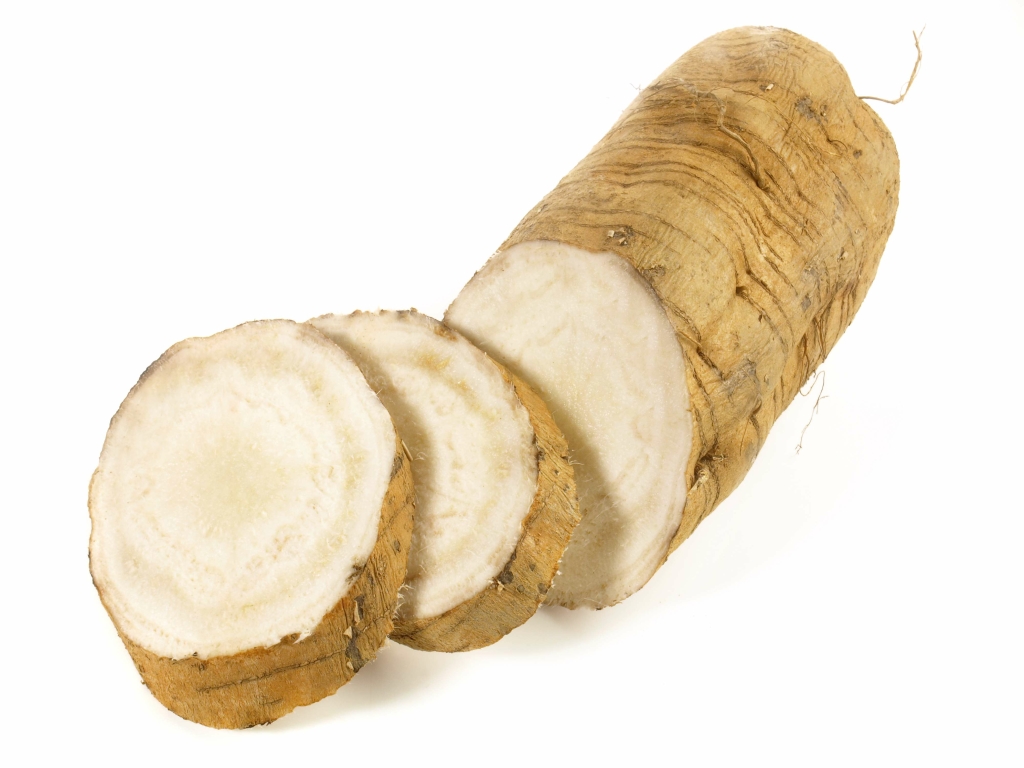It is rare that someone would go to treatment once and then never drink again. More often, people must repeatedly try to quit or cut back, experience recurrences, learn from them, and then keep http://www.psyhodic.ru/ad/addiktivnoe-povedenie.html trying. For many, continued follow up with a treatment provider is critical to overcoming problem drinking. Behavioral treatments are aimed at changing drinking behavior through counseling.
Some binge drinkers or party drinkers will not progress beyond the experimental phase to drink regularly. Those who do continue to drink heavily or regularly may do so because they are environmentally or genetically predisposed to do so. For instance, children of people with an alcohol use disorder are four times more likely to also experience this disorder. Additionally, some people have an existing mental health disorder, and they may graduate from social drinking to more frequent drinking because they perceive it relieves some of their psychiatric symptoms. A few empirically validated practices can help identify strong treatment programs.
Impact on your health
An intervention from loved ones can help some people recognize and accept that they need professional help. If you’re concerned about someone who drinks too much, ask a professional experienced in alcohol https://www.homereonflint.com/tag/repair treatment for advice on how to approach that person. If your pattern of drinking results in repeated significant distress and problems functioning in your daily life, you likely have alcohol use disorder.
In fact, there are a variety of treatment methods currently available, thanks to significant advances in the field over the past 60 years. If you have any of these symptoms, your drinking may already be a cause for concern. A health professional can conduct a formal assessment of your symptoms to see if AUD is present.
Defining alcoholism
As more medications become available, people may be able to try multiple medications to find which they respond to best. In some cases, alcohol abuse may exacerbate conditions but not cause them. In other cases, alcohol may be a component cause of a condition, and ongoing alcohol use will cause flare-ups. For instance, alcohol abuse can be a component cause of gout and worsen the condition. The psychological component of addiction does not refer to the effects alcohol has on one’s mental state, such as disordered thinking. Rather, it refers to how the person’s thoughts and actions become geared toward obtaining alcohol and consuming it, even to the exclusion of important responsibilities.

However, loved ones often want to help, such as by showing solidarity or hosting a gathering that feels safe for their loved one. Whenever possible, it’s best to have an open, respectful, and direct conversation with the individual in recovery, and ask how they feel about alcohol being present. Doing this in advance will allow time for both people to process the discussion and set clear expectations. Before it becomes problematic, why do people turn to alcohol in the first place? One is simply its rewarding consequences, such as having fun or escaping social anxiety. Having an impulsive personality plays into the decision to seek rewards despite negative repercussions.
Alcohol Facts and Statistics
This is of particular concern when you’re taking certain medications that also depress the brain’s function. Binge drinking is drinking so much at once that your blood alcohol concentration (BAC) level is 0.08% or more. For a man, this usually happens after having 5 or more drinks within a few hours.
Given the power of alcohol on the brain, people who drink heavily may come to rely on it to regulate their mood. Discover how many people with alcohol use disorder in the United States receive treatment across age groups and demographics. It’s important to see your doctor if you believe you are engaging in behaviors that are red flags for alcohol use disorder. You can also consider attending an AA meeting for support or participating in self-help programs such as Sober Recovery or Women for Sobriety or even calling an alcohol addiction hotline.
Expert guidance to foster compassion, kindness, and connection when navigating addiction in the holiday season and beyond. Find a treatment center using the Psychology Today Therapy Directory. The biggest barrier to therapy of any kind that patients may face is shame and stigma; most programs http://progmir.com/index.php?topic=4952.0 address such concerns directly. If drinks are not served in the parties, then the host is taunted critically by the guests. For more information about alcohol and cancer, please visit the National Cancer Institute’s webpage “Alcohol and Cancer Risk” (last accessed October 21, 2021).
